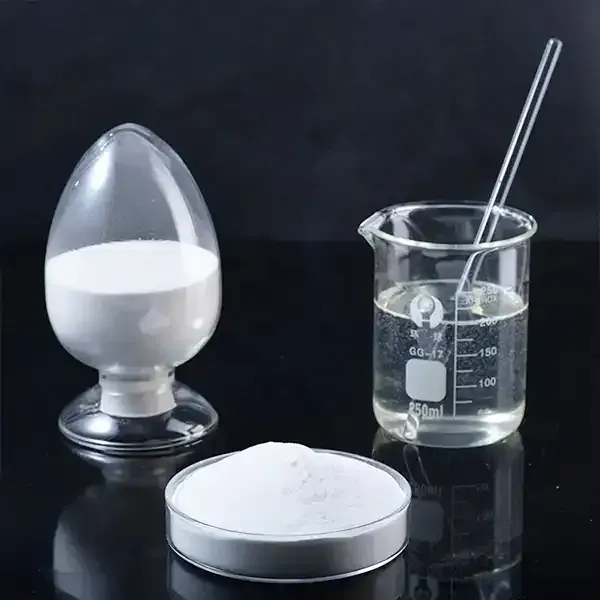The Role of Chemical Additives in Modern Industries
Chemical additives are substances that are added to products in small quantities to enhance certain properties or functionalities. Their role is pivotal across various sectors, including food and beverage, pharmaceuticals, cosmetics, and materials engineering. While the term additive might often conjure up negative connotations regarding health and safety, it is essential to understand that many of these chemicals serve critical purposes, improving product quality, shelf life, and performance.
Food and Beverage Industry
In the food and beverage sector, chemical additives are widely utilized to preserve freshness, enhance flavor, improve texture, and maintain color. Preservatives, such as sodium benzoate and potassium sorbate, inhibit the growth of bacteria, molds, and yeasts, while antioxidants like ascorbic acid prevent the oxidation of fats, which can lead to rancidity. Flavor enhancers, including monosodium glutamate (MSG) and various natural extracts, are employed to boost overall taste.
However, the use of additives in food products has sparked debate among consumers and health advocates. With concerns about potential adverse health effects linked to certain synthetic additives, such as artificial colors and flavors, there has been a significant push towards natural alternatives. As a result, many companies are reformulating their products to prioritize natural ingredients, which often leads to higher costs and shorter shelf lives.
Pharmaceutical Applications
In the pharmaceutical industry, chemical additives play a crucial role in the formulation of medications. They are used as binders, fillers, disintegrants, and coatings to enhance the efficacy, stability, and delivery of active pharmaceutical ingredients (APIs). For example, microcrystalline cellulose is commonly used as a binder in tablets, while magnesium stearate serves as a lubricant during the manufacturing process.
Moreover, certain additives are vital for targeted drug delivery systems. These compounds can encapsulate drugs and release them at specific rates or in response to particular stimuli, improving therapeutic outcomes. With advancements in nanotechnology, researchers are continually exploring innovative additives that can enhance drug solubility and bioavailability.
chemical additive

Cosmetics and Personal Care Products
In cosmetics and personal care products, chemical additives are employed for various purposes, such as emulsification, stabilization, and sensory enhancement. For instance, emulsifiers allow water-based and oil-based ingredients to mix seamlessly, while thickeners enhance the texture of creams and lotions. Synthetic fragrances and colors are commonly used to create appealing products, although there is a growing trend towards transparency and the use of natural alternatives in the beauty industry.
Consumers are increasingly demanding products made with fewer synthetic chemicals, which has prompted brands to reformulate their offerings and highlight the absence of certain additives. This reflects a broader movement towards clean beauty, where the focus is on safety, sustainability, and ethical practices in product formulation.
Material Engineering
Chemical additives play a significant role in material engineering and manufacturing. They are incorporated into polymers, paints, explosives, and lubricants to modify their physical and chemical properties. For example, plasticizers are added to PVC to improve flexibility, while flame retardants are used to enhance the fire resistance of materials.
In recent years, there has been a growing emphasis on developing environmentally friendly additives that minimize the ecological footprint of materials. Biodegradable additives and those derived from renewable resources are being researched as alternatives to traditional petroleum-based compounds, paving the way for sustainable development in material sciences.
Conclusion
Chemical additives are integral to modern industry, providing solutions that enhance the quality, safety, and performance of a wide range of products. As consumers become more health-conscious and environmentally aware, the industry must adapt to these changing preferences by investing in research and innovation. Balancing the benefits of chemical additives with consumer safety and environmental sustainability will be crucial for the future of product formulation across all sectors. As we move forward, the development of safer, more effective additives will undoubtedly continue to shape the landscape of industry and consumer products alike.
-
Rdp Powder: Key Considerations for Wholesalers in the Building Materials IndustryNewsJul.08,2025
-
Key Considerations for Wholesalers: Navigating the World of Hpmc - Based ProductsNewsJul.08,2025
-
Hpmc Detergent: Key Considerations for WholesalersNewsJul.08,2025
-
Key Considerations for Wholesalers: China Hpmc For Tile Adhesive, Coating Additives, Concrete Additives, and MoreNewsJul.08,2025
-
Crucial Considerations for Wholesalers: Navigating the World of Construction MaterialsNewsJul.08,2025
-
Key Considerations for Wholesalers Sourcing Additive For Cement, Additive For Concrete, Additive For Putty from Additive Manufacturer Shijiazhuang Gaocheng District Yongfeng Cellulose Co., Ltd.NewsJul.08,2025




